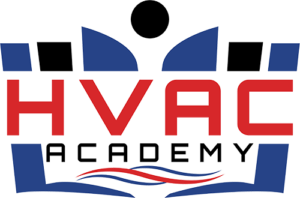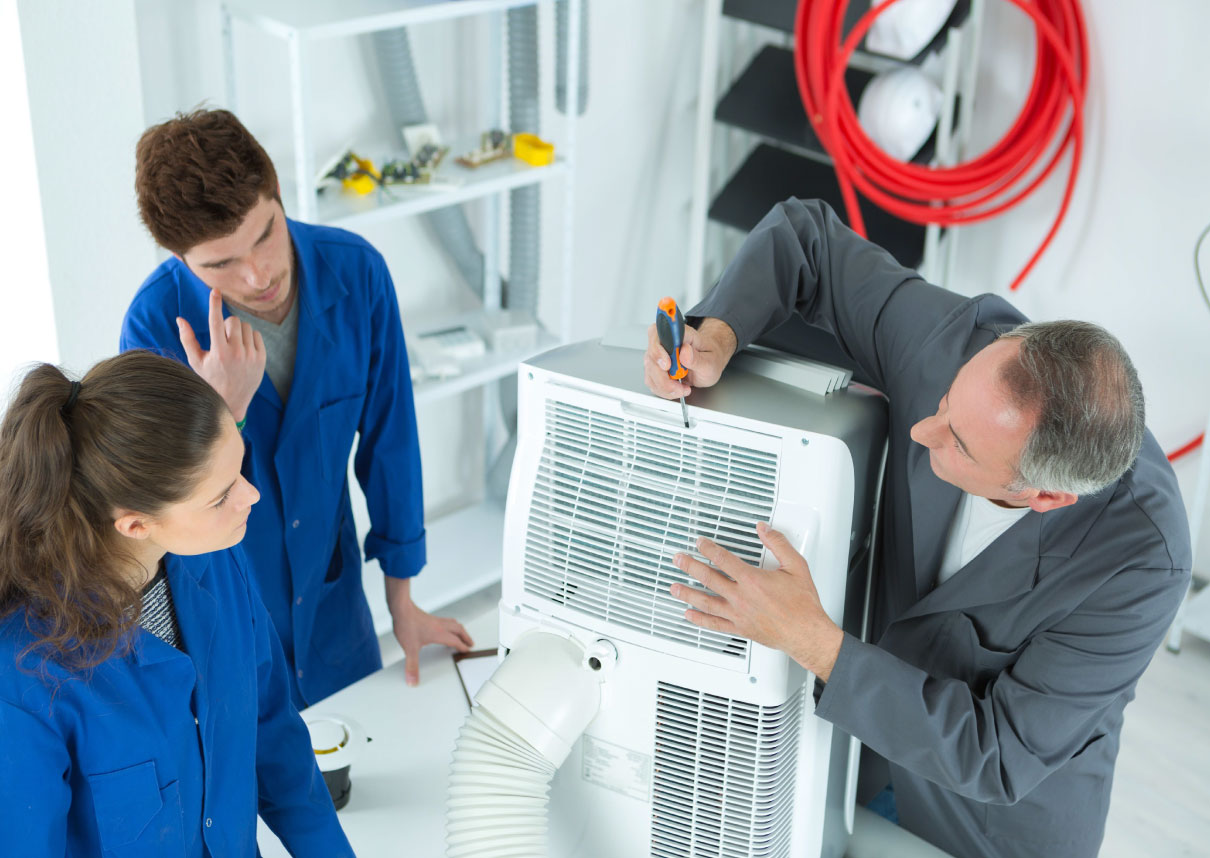The HVAC (Heating, Ventilation, and Air Conditioning) industry is governed by a complex framework of regulations and standards that ensure systems are safe, efficient, and effective. Compliance with these regulations and standards is crucial for HVAC professionals seeking certification and for maintaining high-quality service in the field. This article delves into the key regulations and standards affecting HVAC certification and their implications for the industry.
Key Regulations and Standards
-
Environmental Protection Agency (EPA) Regulations
The EPA plays a significant role in regulating HVAC systems, particularly concerning refrigerants and their environmental impact. Key EPA regulations include:
- Section 608 of the Clean Air Act: Requires HVAC technicians to be certified to handle refrigerants and mandates proper recovery, recycling, and disposal of refrigerants to prevent ozone depletion.
- Section 609 of the Clean Air Act: Addresses refrigerant handling in motor vehicle air conditioning systems, requiring technicians to be certified for servicing these systems.
-
American Society of Heating, Refrigerating, and Air-Conditioning Engineers (ASHRAE) Standards
ASHRAE develops widely recognized standards and guidelines that influence HVAC design, installation, and operation. Important ASHRAE standards include:
- ASHRAE Standard 62.1: Provides guidelines for ventilation and indoor air quality to ensure adequate air distribution and minimize contaminants.
- ASHRAE Standard 90.1: Sets the minimum energy efficiency requirements for building HVAC systems, focusing on reducing energy consumption and improving overall system performance.
-
National Fire Protection Association (NFPA) Codes
The NFPA establishes codes related to safety and fire prevention, which are crucial for HVAC systems to prevent hazards:
- NFPA 70 (National Electrical Code): Covers the safe installation and maintenance of electrical systems, including those in HVAC equipment.
- NFPA 90A: Provides standards for the installation of air conditioning and ventilating systems, emphasizing fire safety and protection.
-
International Code Council (ICC) Codes
The ICC develops codes that affect various aspects of HVAC systems:
- International Mechanical Code (IMC): Provides guidelines for the design and installation of mechanical systems, including HVAC, to ensure safety and efficiency.
- International Residential Code (IRC): Includes provisions related to HVAC systems in residential buildings, focusing on proper installation and ventilation.
-
National Comfort Institute (NCI) Standards
NCI offers training and certification programs that adhere to industry standards for comfort and performance:
- NCI Comfort Specialist Certification: Focuses on ensuring HVAC systems are designed and maintained to deliver optimal comfort and energy efficiency.
Implications for HVAC Professionals
-
Certification Requirements
HVAC professionals must comply with various regulations and standards to achieve and maintain certification. For instance:
- EPA Certification: Technicians must pass exams and demonstrate knowledge of refrigerant handling procedures to obtain EPA certification.
- ASHRAE Certifications: Professionals can earn certifications in areas such as building energy assessment and HVAC system design, reflecting their adherence to ASHRAE standards.
-
Training and Education
Keeping up with regulations and standards requires ongoing training and education. HVAC professionals should regularly update their knowledge and skills to:
- Stay compliant with evolving codes and standards.
- Understand new technologies and practices that impact HVAC systems.
-
Quality Assurance
Adhering to regulations and standards ensures that HVAC systems operate efficiently, safely, and in an environmentally responsible manner. Professionals who follow these guidelines:
- Provide high-quality service to clients.
- Contribute to overall energy conservation and environmental protection.
-
Legal and Liability Considerations
Non-compliance with regulations can lead to legal issues, including fines and penalties. HVAC professionals must:
- Understand and apply relevant regulations in their work.
- Document compliance efforts to mitigate potential liability.
Regulations and standards in HVAC certification are essential for ensuring that systems are safe, efficient, and environmentally responsible. By adhering to these guidelines, HVAC professionals not only enhance their credentials but also contribute to the overall quality and safety of HVAC installations and maintenance. Ongoing education and certification are crucial for staying current with industry standards and delivering exceptional service in the ever-evolving field of HVAC.
Please register for our HVAC Technician Training Program for a brighter future ahead. Contact us.






Leave A Comment